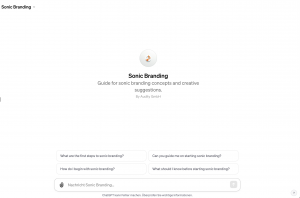How AI can be used meaningfully in audio branding — an overview of the topics we are currently working on at Audity GmbH:
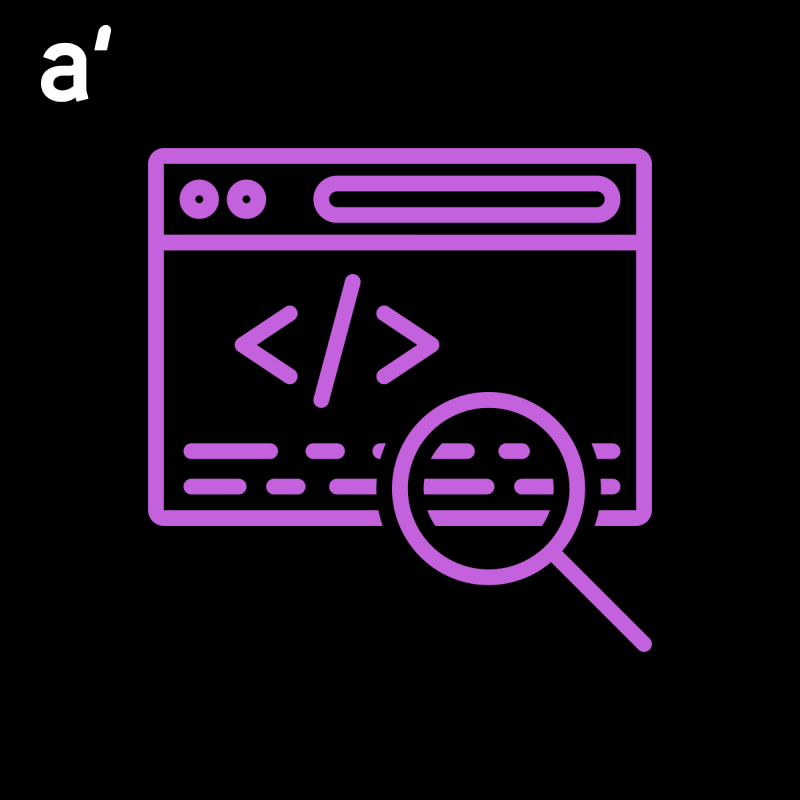
AI-based brand value sound approximation
AI-based brand value sound approximation: How can AI be used to translate semantic brand attributes into musical attributes and make them audible directly using existing libraries?
Go to the worlds first GPT for Sonic Branding (by Audity GmbH)
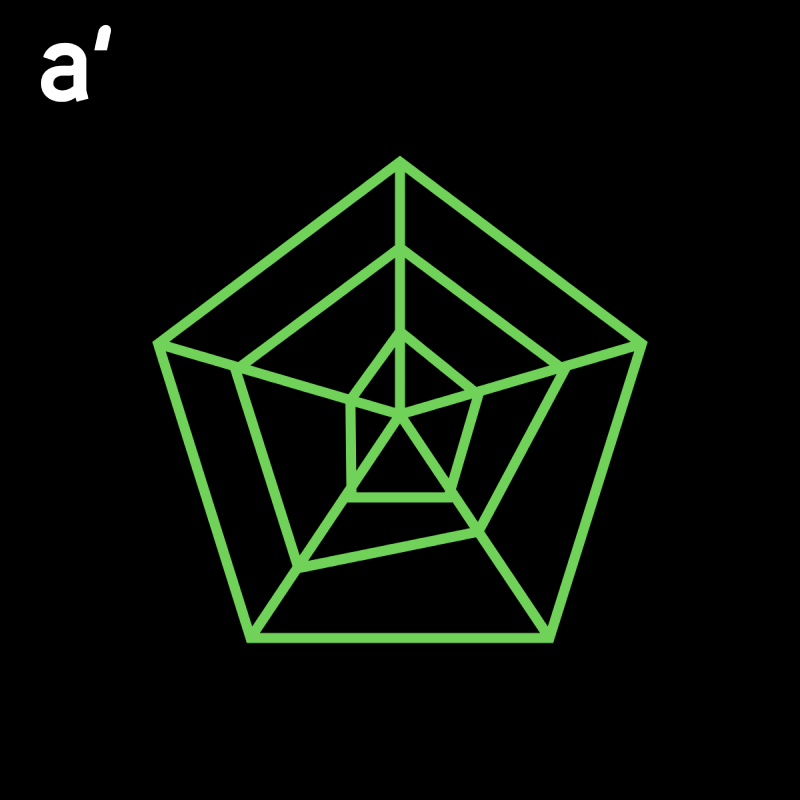
AI-based audio identity analysis
AI-based audio identity analysis: how to use AI to analyze the sound characteristics of audio branding elements and give companies an assessment of how well their brand matches their audio elements.
Request more information: Email
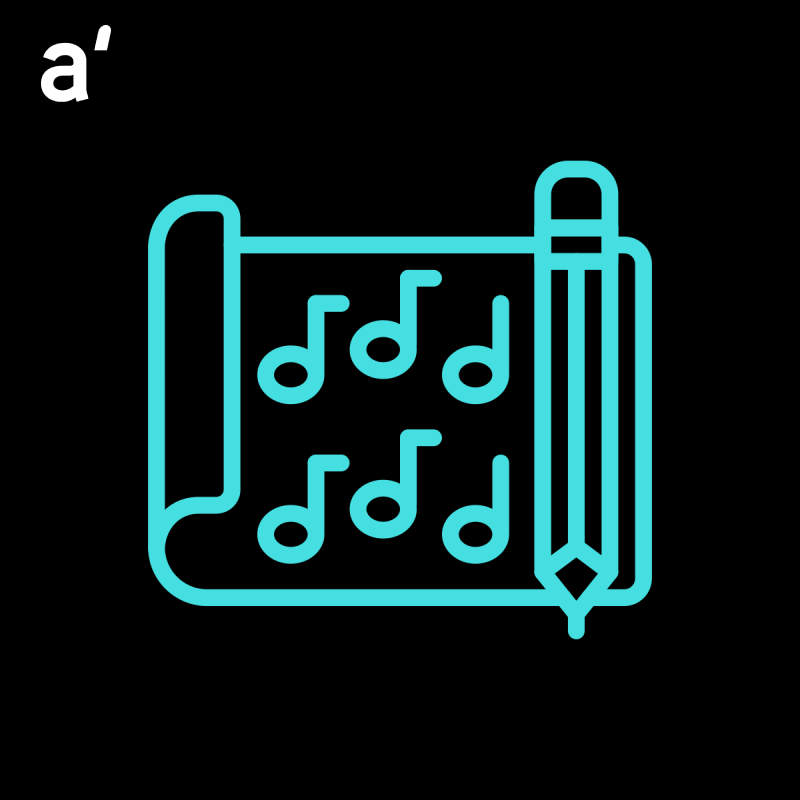
AI-generated audio composition
AI-generated audio composition: how to generate unique audio branding elements based on brand data and audience profiles, accessing a wide range of music and sound styles to create a distinctive brand identity.
Request more information: Email
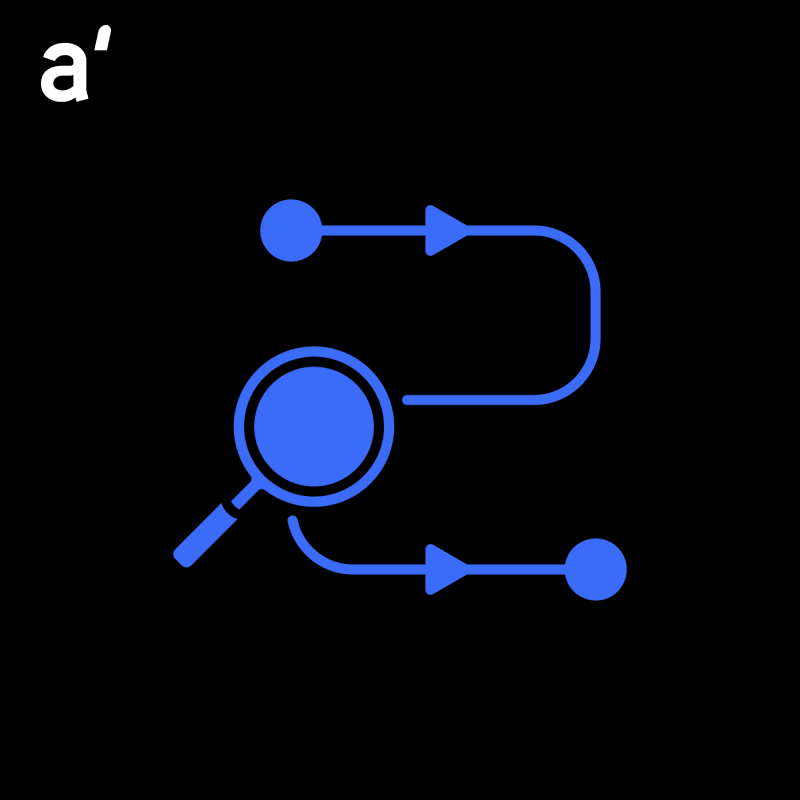
Audio branding tracking
Audio branding tracking: a method that tracks the use of audio branding elements on different channels and reveals an analysis of interactions and effectiveness.
Request more information: Email
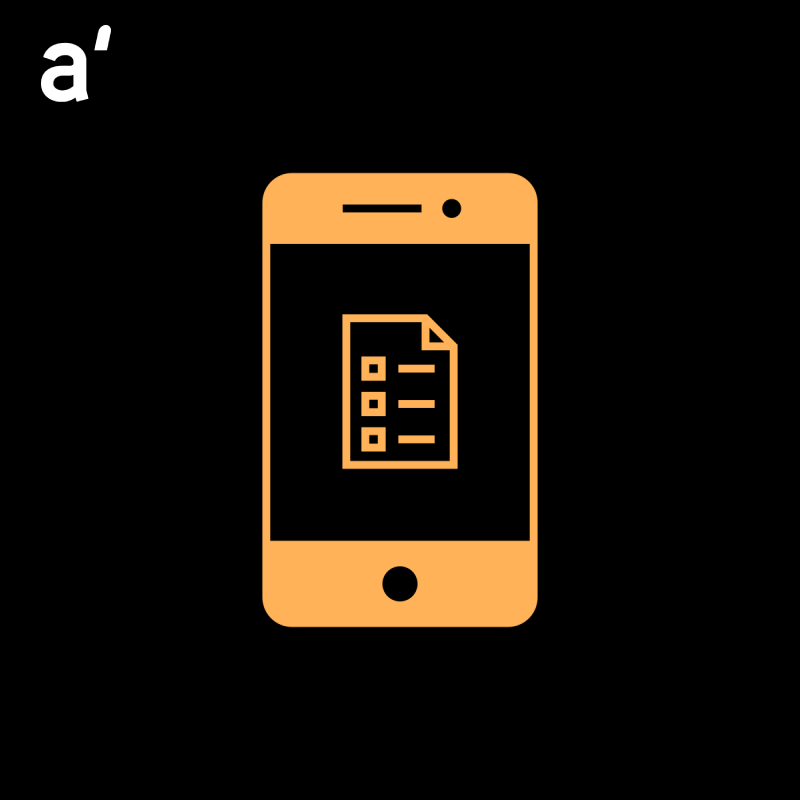
Audio Branding A/B Testing
Audio Branding A/B Testing: using AI to test and compare different versions of their audio branding to see which is most effective.
Request more information: Email
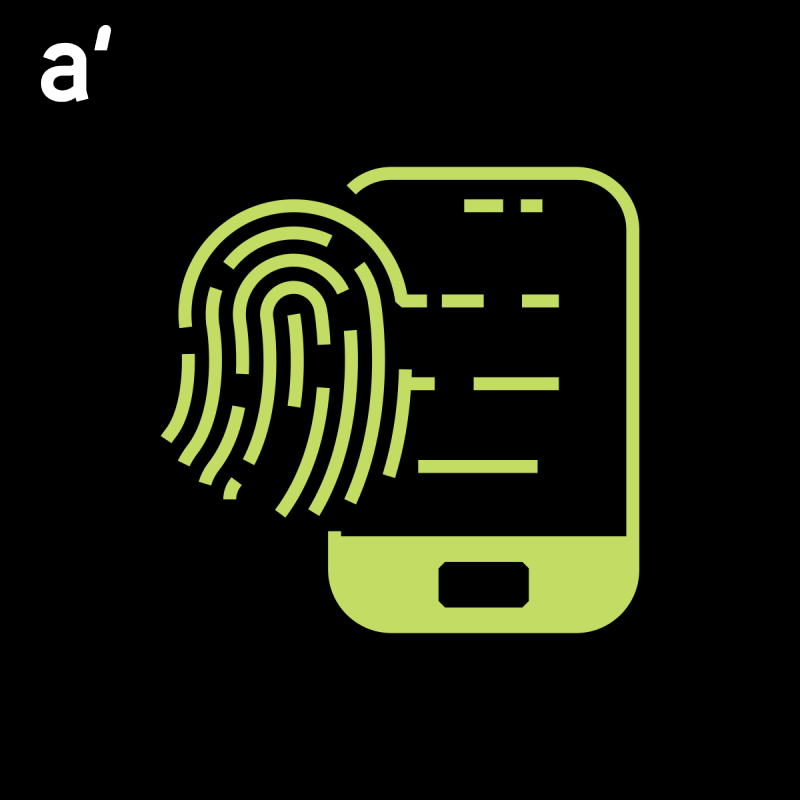
Audio branding personalization
Personalization for audio branding: using AI technologies to make audio branding customizable and personalizable for individual users to create higher customer engagement and an enhanced brand experience.
Request more information: Email
ChatGPT: »Act like an Audio Branding Creator and …«
ChatGPT is a tool that uses AI and NLP to help create music and sound design elements that matches the tonality of a brand.
ChatGPT (Natural Language Processing) has been widely used as an audio-branding assistant due to its ability to generate creative content. This can be a great asset for businesses looking to create unique audio-branding experiences. Here are some of the best use cases for using ChatGPT as an creative audio-branding assistant:
1. Generating Voice Ads: ChatGPT can be used to generate engaging voice ads that are tailored to each business’s target audience. It is also capable of generating personalized messages based on user data and preferences, making it easier for businesses to create powerful and effective audio advertisements.
2. Ideas for Sound Logos: Sound logos are an effective way for businesses to build their brand identity and recognition. ChatGPT can help in the ideation phase.
3. Creating Voice Alerts and Notifications: ChatGPT can be used for creating text prompts for interactive voice alerts and notifications. This is especially useful for providing timely updates, such as new product launches or special offers, without having to manually craft messages every time.
4. Automating Customer Support: ChatGPT can be used to automate customer support responses (in combination with TTS technologies), saving both time and money while providing customers with quick and accurate answers. Furthermore, ChatGPT can process customer inquiries in real-time so that automated responses are sent out immediately after a customer’s request is received.
Overall, ChatGPT is a powerful tool that can help businesses create more effective audio branding experiences quickly and easily at a fraction of the cost of traditional methods. With its natural language processing capabilities, this technology provides businesses with the potential to generate engaging content that resonates with their target audiences in no time at all!

What are the limitations of ChatGPT in assisting with audio branding development?
If you’re considering using ChatGPT (NLP) as an audio-branding assistant, there are some use cases where it’s best to steer clear. Here’s what we consider to be „no-go“ territory for ChatGPT:
1. If you’re looking for a highly creative solution. ChatGPT is great at providing quick, accurate results – but it’s not going to come up with something completely out-of-the-box. For that, you’ll need a human touch.
2. If you need something very specific. Again, ChatGPT is great at giving you general results – but if you need something super specific, it might not be the best tool for the job.
3. If time is of the essence. Because ChatGPT relies on artificial intelligence, it can take a little longer to give you results than a human assistant would. So if you’re in a time crunch, it might not be the best option. There you have it! These are just a few of the no-go use cases for ChatGPT. When used correctly, this tool can be an invaluable asset – but it’s important to know its limitations.

If you are interested in learning more about how our expertise in audio branding and AI technology can benefit your brand, please don’t hesitate to contact us.
Rainer Hirt
CEO
+ 49 (0) 75 31 36 38 524
rh@audity.co
LinkedIn

